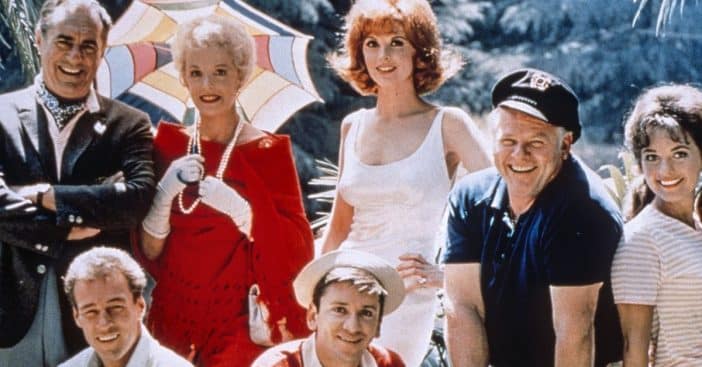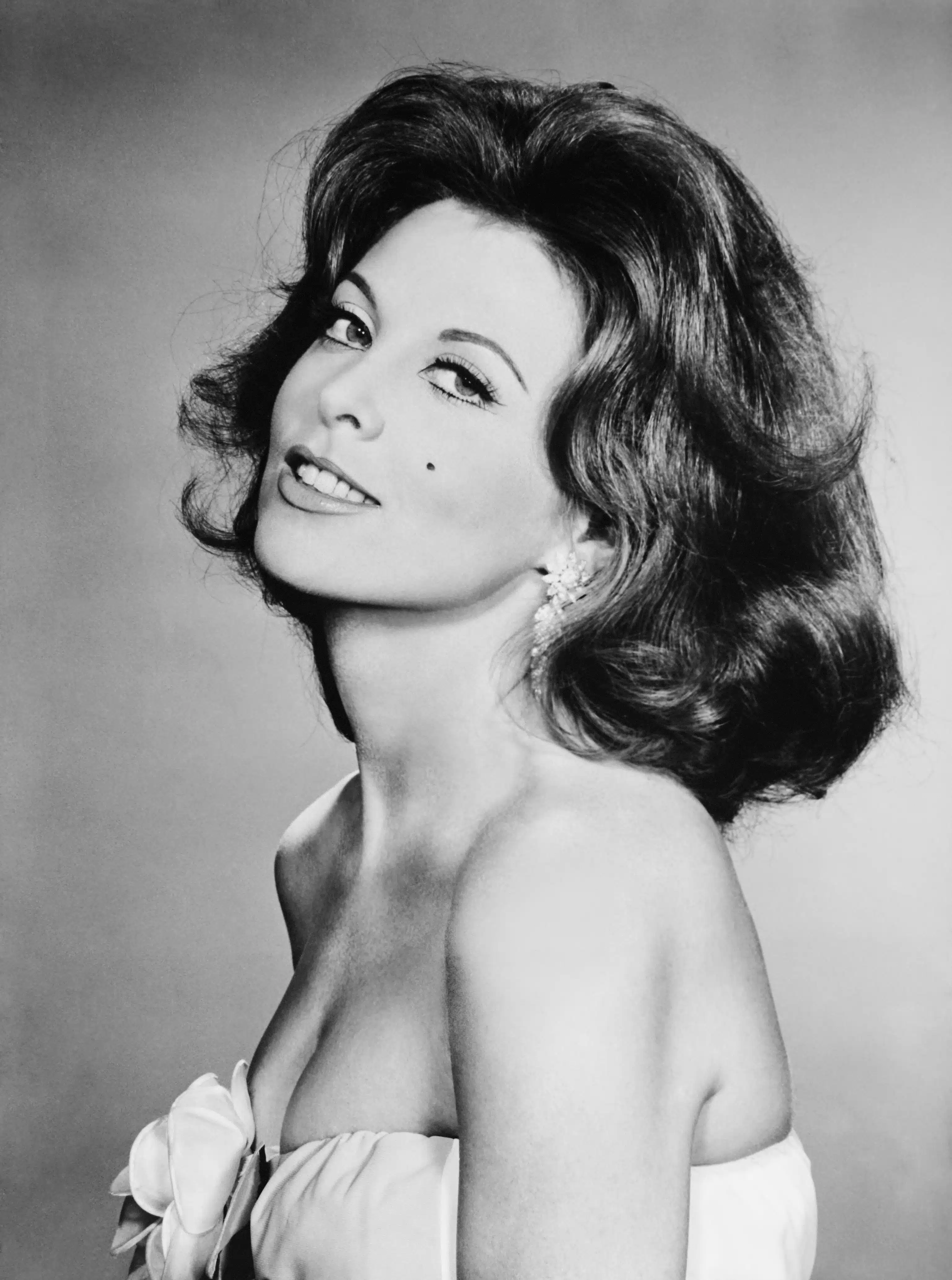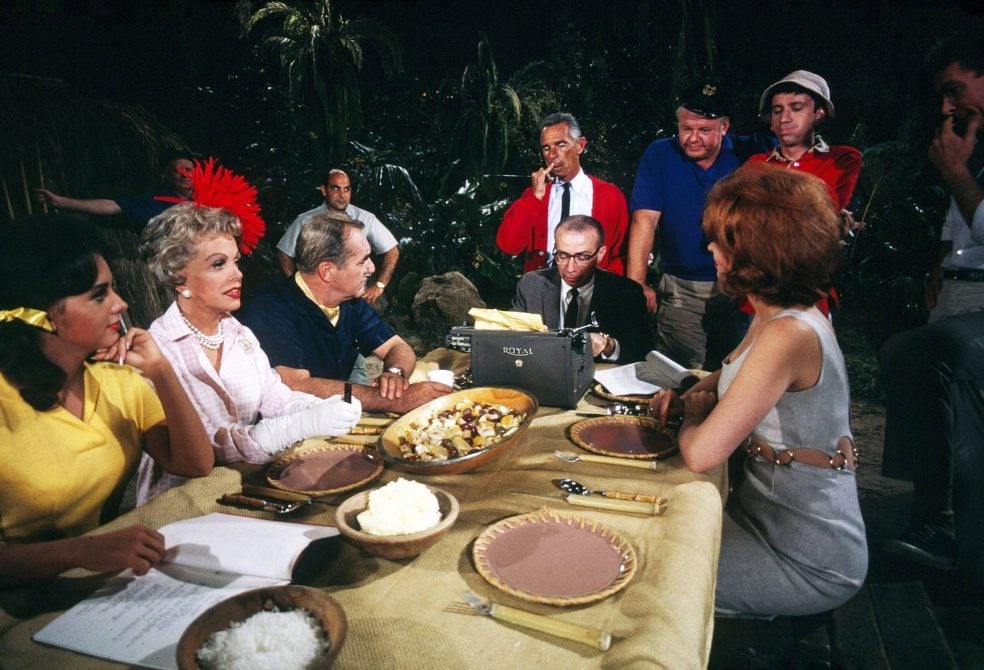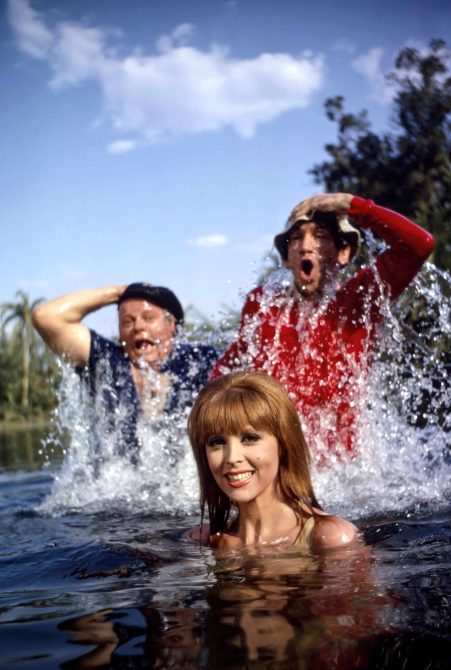
Gilligan’s Island was one of the most popular and widely watched situation comedies of all time. The show, which aired from 1964 to 1967, featured seven people from varying backgrounds — five passengers and two crew members — in a bid to survive on an uncharted island they’ve been shipwrecked on.
Despite the humor provided by the characters, Gilligan’s Island was caught up in a number of bitter behind-the-scenes controversies, which ranged from one cast member, in particular, bringing growing negativity to the set, to network politics. These issues would ultimately result in the show’s cancelation, though it’s lived on ever since in reruns on local channels and basic cable.
Tina Louise believes she should headline ‘Gilligan’s Island’

Naturally, most of the cast members had come to the show with extensive backgrounds in entertainment, with Bob Denver (Gilligan) having starred on The Many Loves of Dobie Gillis; Alan Hale, Jr. (the Skipper) in feature films and the TV series Casey Jones; Jim Backus (“the Millionaire”, the voice of Mr. Magoo and co-star of I Married Joan; Natalie Schafer (“and his wife”) from no less than 17 Broadway shows; Russell Johnson (the Professor) and as a character actor in feature films and on television; Dawn Wells (Mary Ann), a beauty pageant winner and a guest star on a number of episodic shows; and, of course, Tina Louise as “the Movie Star,” Ginger Grant.
By the time of Gilligan’s Island, she had worked as a model, achieved some really solid success on Broadway and appeared in a number of Italian films, and had really gotten to showcase not only her sex appeal, but her acting abilities as well.
RELATED: 87-Year-Old ‘Gilligan’s Island’ Star Tina Louise Wants To Date Again

The problem was that Tina believed the show was going to be focused on her. Lloyd J. Schwartz, son of Gilligan’s Island creator Sherwood Schwartz, states, “It’s legendary that when she was asked to do the show and agreed to do the show, she was in a play. She was just a semi-star at the time and they told her the show was about a movie star that was going to be stranded on an island with several other people. That’s how they got her to do it. But after a few episodes, she went in to talk to my dad and said she didn’t understand why all this focus was on these other characters. He said, ‘Doesn’t the title Gilligan’s Island give you a hint?’ So somebody did their job and got Tina Louise. After that came many years of resentment.” And that resentment was carried on to the set.
The Clash Between ‘Gilligan’s Island’ and ‘Gunsmoke’
Another major issue that contributed to the end of Gilligan’s Island was actually Gunsmoke, a very popular western drama airing on the CBS network at that time.

Gilligan’s Island was initially part of CBS’ Saturday night lineup before moving to Thursdays and, finally, Monday evenings. Although the show’s ratings had declined, it was still popular with viewers. However, after three seasons, CBS canceled the sitcom because the network’s founder had a personal interest in Gunsmoke.
“What happened was Gunsmoke was canceled, and we were moved into their time slot,” Dawn Wells revealed. “Mrs. Paley — the wife of the board chairman — had been on vacation when Gunsmoke was canceled, and when she got home, she said, ‘You can’t cancel Gunsmoke. It’s my favorite show.’ So they canceled us.”
The series was created as a social experiment
The show’s creation stemmed from Schwartz’s time studying at New York University, where, while attending a public speaking class during his undergraduate days, the lecturer asked him and his colleagues to write a one-minute speech about the only item they would like to have if they were stranded on an unknown island. This resulted in his eventually deciding to take a microcosm of society and strand them on an island following a shipwreck to see how they would interact with each other. Obviously rather than focus on the dramatic aspects of this setup, he went for the comedic.

The storyline of Gilligan’s Island was exceptional as it was ahead of its time compared to the landlocked family comedies of the mid-60s, such as The Dick Van Dyke Show, My Three Sons, as well as The Andy Griffith Show. Schwartz described the show as “a social microcosm and a metaphorical shaming of world politics in the sense that when necessary for survival, yes we can all get along.”
